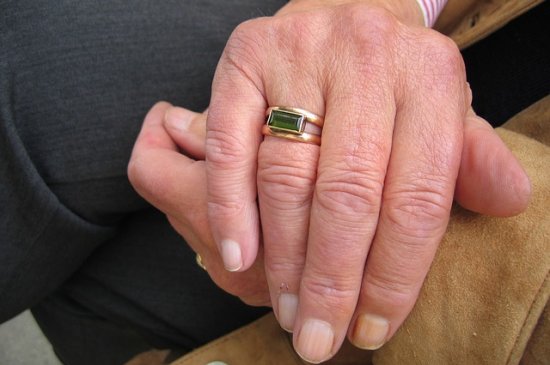
If you're a senior and you or your spouse are dealing with a terminal illness, this can be costly now and can leave the surviving spouse with insurmountable debts. It can be stressful to think about money while you're also taking care of your spouse's declining health. If you have significant joint debts that you're falling behind on now, it can be even worse after you lose your loved one. You may be counting on life insurance money to help get things straightened out. But your creditors may try to seize the payout to pay the bills, and it won't leave a lot left over for you.
Bankruptcy Timing is Critical
Depending on your unique circumstances, how much joint debt you have and whether you've fallen behind on your mortgage and other bills, it may be better to file bankruptcy just before or just after your spouse passes. With a Chapter 7 bankruptcy, you can have medical bills, credit card debt and other unsecured debts discharged completely. You can choose to file as a couple or for your ill spouse to file as an individual. It may also work out best for your spouse to file before they pass and then you to file afterward. It's all in the timing, and the advice of an attorney is indispensable in this matter.
Debt Matters Surrounding a Terminal Illness Are Complex
North Carolina is not a community property state, so typically your spouse's medical bills should not be your obligation. However, you should be careful not to sign any paperwork saying that you are financially responsible for their debt. On hospital intake forms and doctor's registration forms, there may be a line asking who is responsible for paying for procedures. If you list yourself rather than your ill spouse's name or “self,” that can complicate matters after they pass. Be careful about anything you sign. Never sign to be responsible for anyone else's medical bills.
Estate Assets Can Be Seized by Creditors
When a spouse passes, creditors they owe may try to collect from their estate. This means assets you're relying on to get you through to your retirement may not be there for you. If you don't explore your options to deal with your debts before you lose your spouse, you'll have fewer choices on how to address these debts. The last two months of an ill person's life are the costliest in terms of medical care. And any bills incurred after the date of filing bankruptcy are not covered. This is why timing is crucial.
What Happens When a Debtor Dies During a Bankruptcy Case?
With a Chapter 7, the death of the debtor who filed will usually not affect the case. The Trustee will process the case as though they were still alive and discharge eligible debts. With a Chapter 13 case, though, a dismissal is the likely outcome since the debtor is not alive to carry on with payments. While you shouldn't look to bankruptcy to avoid debts you can afford to pay, if you are struggling and your finances will be worse off once you lose your spouse, it's something to consider.
Please read the original post on our affiliate site, BillsBills.com
